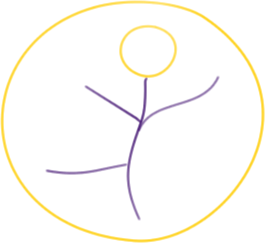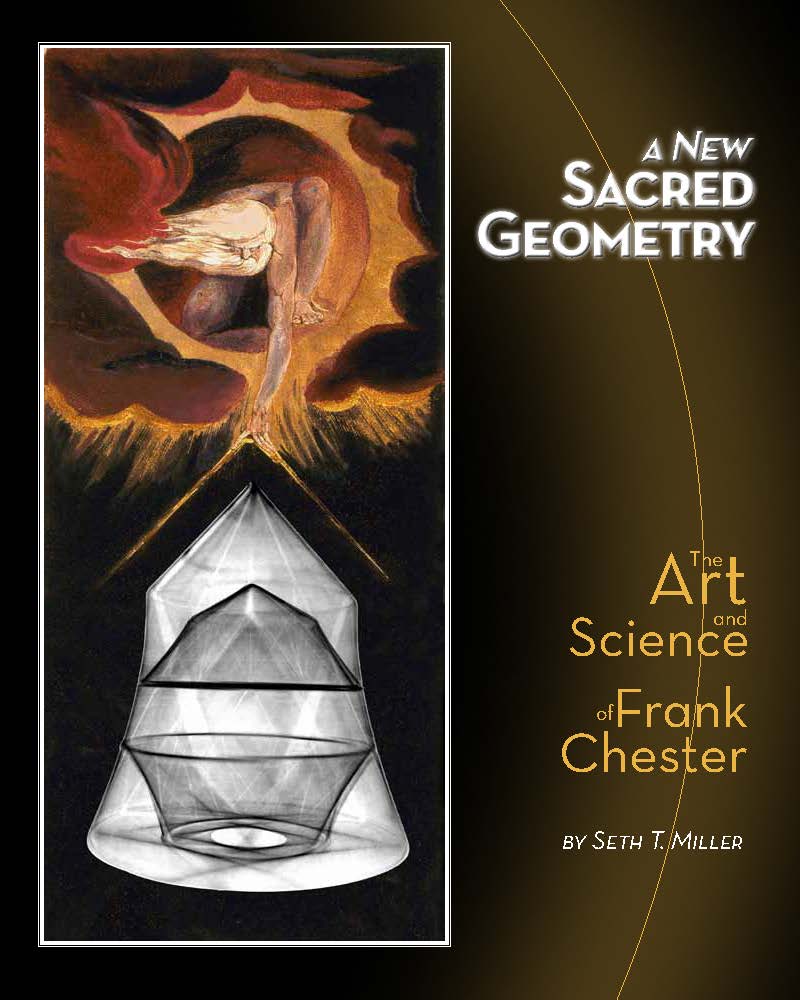Jun
24
2012
Gregory Bateson (1991) famously said that we “cannot claim to have no epistemology. Those who so claim have nothing but a bad epistemology” (p. 178). Bateson is calling for self-reflection in our epistemology. He wants it to be recursive, so that in our production of knowledge we do not delude ourselves into thinking that...
Jan
22
2012
All the qualities of the physical world exist through the interrelations of things to each other. What Moleschott says is correct for physical existence: 'All existence is an existence through qualities. But there is no quality that does not exist through a relation.' Just as everything of a soul nature contains something in itself...
Mar
26
2009
Goethean phenomenology acts as a transformative bridge between the researcher and a topic of inquiry. The method is unique not in that it attempts to work through the subject/object split, but rather in the WAY it attempts to do this.
Doing Goethean phenomenological research requires that one be completely open to what presents itself, while...
Mar
18
2009
(Note, the Blackfoot people have a process-oriented language, which is much more strongly verb-based, while English and most other languages are object/noun based.)
A friend of mine asked:
Do the Blackfoot people go through a phase where they need to have conceptual boxes, and then learn to transcend the need to reify these artificial demarcations,...




